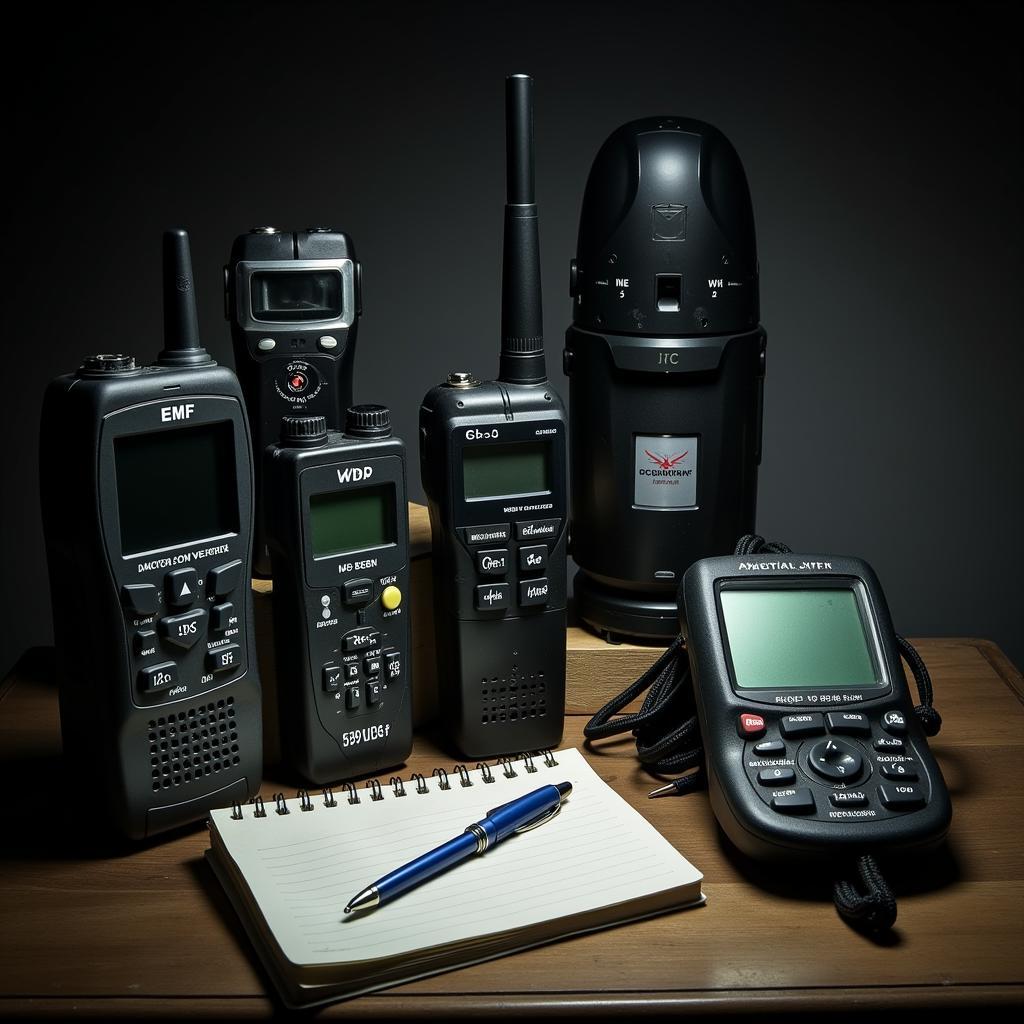For centuries, angels have captivated the human imagination, inspiring awe and wonder across cultures and beliefs. These ethereal beings, often depicted as messengers of the divine, have been the subject of countless tales, scriptures, and artistic representations. But what does “Angels Research” actually entail, and what can we learn from exploring this enigmatic realm?
 Angels Research in Religious Texts
Angels Research in Religious Texts
Delving into Ancient Wisdom
Angels research often begins with delving into the rich tapestry of religious and mythological texts that mention these celestial entities. From the Bible’s detailed accounts of archangels like Michael and Gabriel to the Quran’s description of angelic beings like Jibril (Gabriel), these scriptures offer invaluable insights into the roles, abilities, and significance of angels in different faiths. Examining these texts can provide a foundational understanding of how angels have been perceived throughout history and the profound impact they have had on human spirituality.
Exploring Paranormal Encounters
However, angels research extends beyond the confines of religious texts. The field also encompasses the investigation of alleged paranormal encounters with angelic beings. These experiences, often deeply personal and subjective, can range from feelings of comforting presence to witnessing apparitions of winged figures. While such accounts can be intriguing, angels researchers approach them with a healthy dose of skepticism, employing critical thinking and analytical tools to discern genuine experiences from misinterpretations or hoaxes.
 Tools for Paranormal Investigation
Tools for Paranormal Investigation
The Role of Psychology and Anthropology
Angels research often intersects with other disciplines, such as psychology and anthropology. By understanding the psychological factors that might contribute to perceived angelic encounters, such as sleep paralysis or pareidolia (the tendency to perceive meaningful patterns in random stimuli), researchers can gain a more nuanced understanding of these experiences. Additionally, examining the cultural and societal influences that shape our perceptions of angels can shed light on the diverse ways in which these beings are understood and experienced across different communities.
 Diverse Cultural Interpretations of Angels
Diverse Cultural Interpretations of Angels
The Quest for Understanding
Ultimately, angels research represents a quest for understanding. It seeks to bridge the gap between faith and empirical evidence, exploring the intersection of spirituality, human consciousness, and the unknown. While definitive answers may remain elusive, the journey of exploration itself can be enriching, challenging our preconceived notions and inviting us to consider the possibility of realms beyond our immediate perception.
FAQs about Angels Research
-
Is angels research a recognized scientific field?
While not a formally recognized scientific discipline, angels research draws upon methodologies and perspectives from various fields, including religious studies, psychology, and paranormal investigation. -
What are some common misconceptions about angels?
Many misconceptions exist about angels, often stemming from popular culture depictions. It’s important to approach the topic with an open mind and critically evaluate information from various sources.
Seeking Guidance and Support
If you’re seeking guidance or support in your own exploration of angels, consider reaching out to spiritual advisors, religious leaders, or experienced paranormal investigators. Remember to approach the subject with respect, discernment, and an open heart.
Need help navigating the mysteries of the paranormal? Contact us at:
Phone Number: 0904826292
Email: research@gmail.com
Address: No. 31, Alley 142/7, P. Phú Viên, Bồ Đề, Long Biên, Hà Nội, Việt Nam.
Our dedicated team is available 24/7 to assist you.